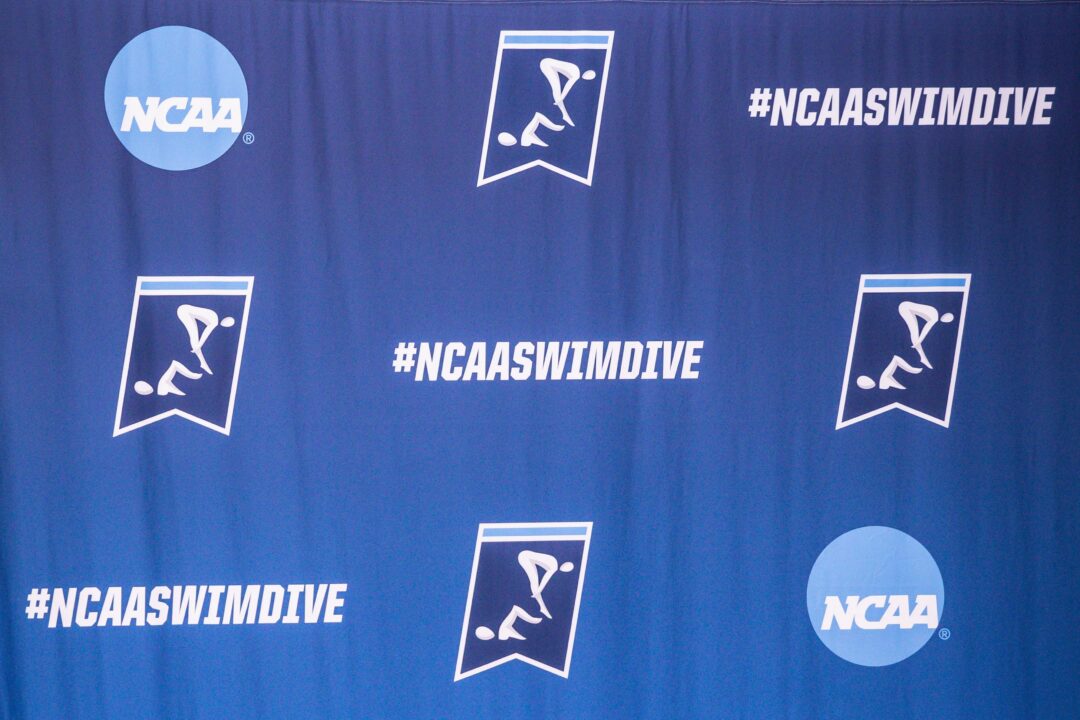The NCAA Division I Board of Directors voted unanimously on Wednesday to expand health care coverage and academic benefits for college athletes as part of a new series of standards set to take effect in August of 2024.
Recommended by the Transformation Committee in January, the new policy also includes scholarship protections and certain standards for mental health care.
All Division I schools must now offer medical coverage for athletically related injuries for at least two years after graduation, a requirement that already existed in the Power Five conferences. The Pac-12 mandates four years of coverage. Division I programs will also be responsible for out-of-pocket medical expenses during an athlete’s playing career.
Division I athletes who had been on a full athletic scholarship will now have access to funds to complete an undergraduate degree for an entire decade after ending their playing career.
Power Five athletes already had their scholarships protected against being pulled for athletic reasons, but that protection now exists for all Division I athletes.
Division I schools will also be forced to provide mental health services in accordance with the NCAA’s mental health best practices, abide by concussion protocols, and give counsel on a variety of topics, including at minimum:
- Mental health
- Strength and conditioning
- Nutrition
- Name, image and likeness opportunities
- Financial literacy
- Career preparation
- Transfer requirements
- Diversity, equity, inclusion and belonging
- Sexual violence prevention
“Today’s vote is a substantial step in the right direction,” Rep. Lori Trahan (D-Mass.) tweeted on Wednesday. “Scholarship protections, covering medical expenses, better mental health care, and programming designed to support success after college are basic things that current and former athletes have wanted for a long time. We have a lot of work ahead to ensure the system of college athletics works for the athletes that power it.”
Brynn Carlson, the chair of the Division I Student-Athlete Advisory Committee (SAAC), called the legislation “a positive step in the right direction” while acknowledging there is more work to be done. The NCAA’s efforts to modernize its rules have been accelerating as they face a barrage of lawsuits related to their limits on athlete compensation. Last month, the NCAA lobbied Congress to create a national standard for name, image and likeness (NIL) regulations while continuing to defend amateurism.

Can someone please do an article on when the new recruiting dead periods are?
Let internationals have NIL deals
That’s not an NCAA thing. It’s a US Federal Government thing that basically limits the kind of work you can do when you’re in the US on a student visa.
Unraveling that rule would create a ton of unintended consequences that I’m almost positive you don’t want anything to do with.
So happy that athletes (the vast majority of which don’t generate revenue for their school) continue to get protections while the rest of college students get less. Maybe Lori Trahan can focus on the tuition problem for ALL STUDENTS, instead of protections for a selected class. Stuff like this only serves to increase tuition and fees for the student body. What a joke.
Regular college students aren’t getting less?? With the amount of work college athletes put in they deserve everything they’re getting.
Regular students also put under the same levels of mental and physical stress to represent their university in the public eye.
You’re definitely not a college athlete if you make this statement. I have 2 student athlete kids that had committed more than 25 hours a week training, and also excelling in school – comp. science / bio med (both grad school graduates with 4.0) The pressure of a student athlete taking exams earlier because of the NCAA competition calendar, or taking them on the road, during competitions, cannot be compared with a regular student that has extra 20 hours/week study time. Everybody can be under stress at any point, but it’s ludicrous to make a comment like that. Good luck with your studies!
P.S. Happy that NCAA will give more support to the student athletes.
Most athletic departments aren’t funded by the universities but by their own donors / fundraising. Some academic departments actually pay the school to be there! It’s a larger higher education problem.
That’s not accurate. Virtually all university athletic departments take a portion of the student fees part of tuition. I believe there are only a few athletic departments that are completely self funded
As of 2020, about 80% of D1 programs had student fees that supported athletics.
But also, the student bodies in most (all?) of those cases voted to institute those fees.
Skill issue